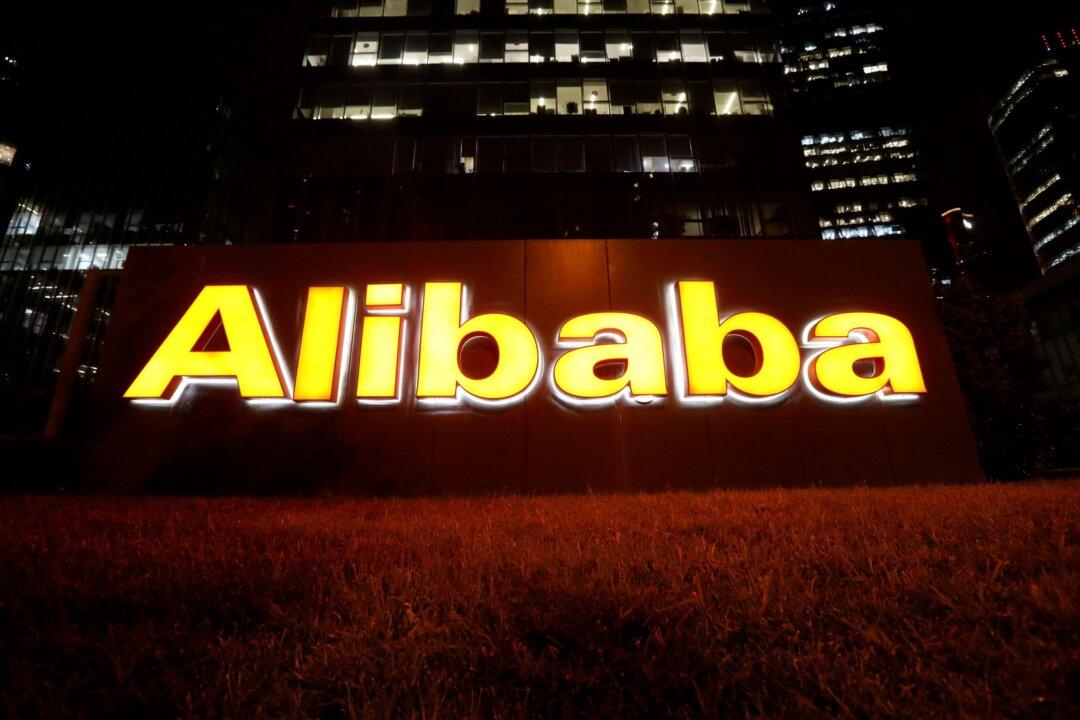Chinese e-commerce company Alibaba is replacing Daniel Zhang as chairman and CEO, the tech giant announced on June 20, following a slowdown in sales and mass layoffs.
In a news release, the company said that Joseph Tsai, its current executive vice chairman, will step into the role of chairman on Sept. 10, after which Zhang will continue to lead Alibaba Cloud Intelligence Group as its chairman and CEO.




